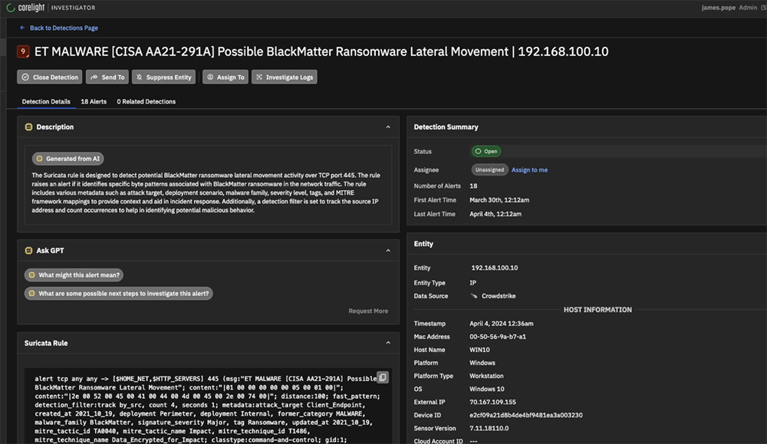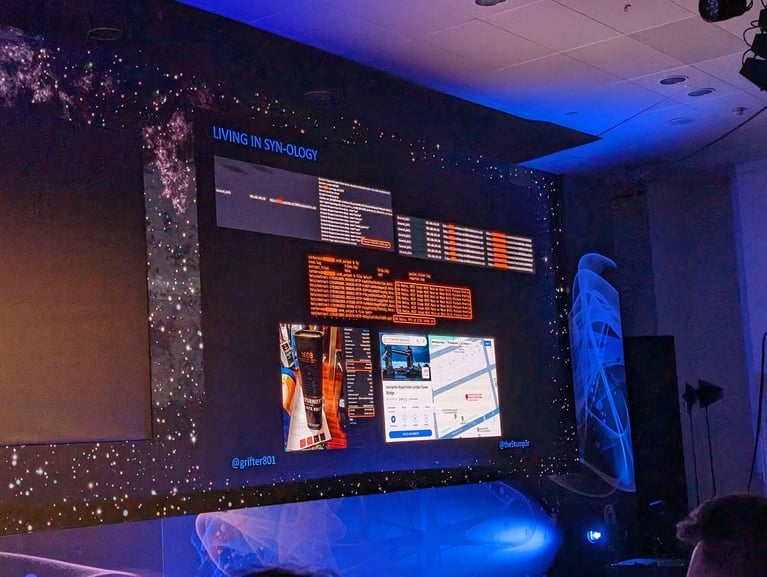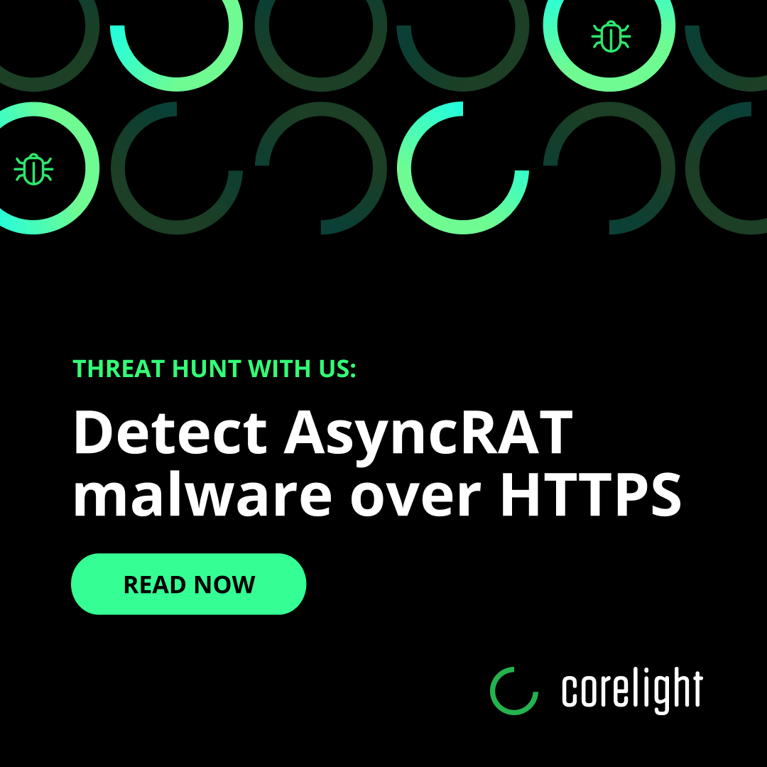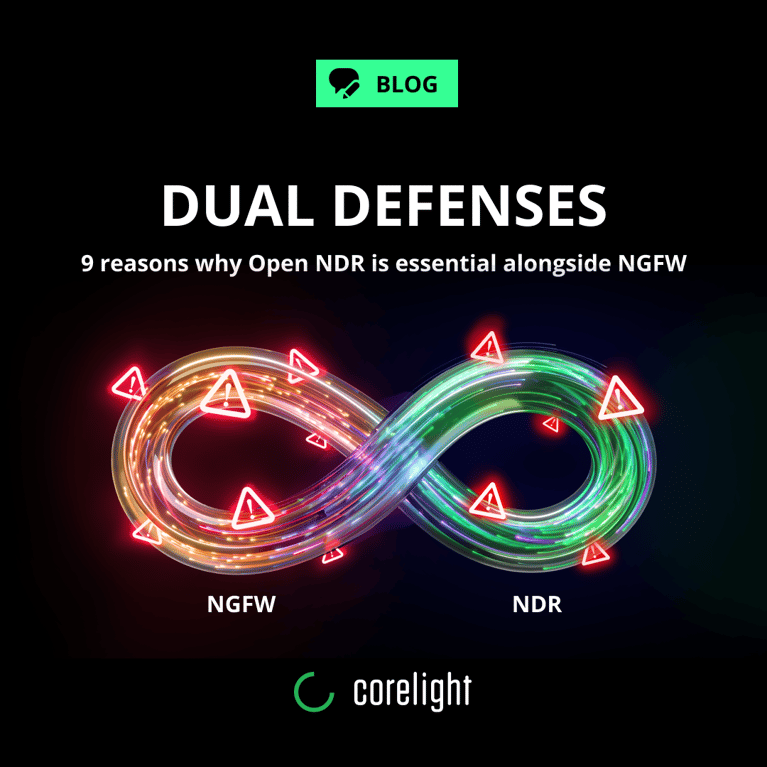Featured Post
April
30,
2024
The big idea behind Corelight has always been simple: ground truth is priceless. What really happened, both now and looking back in time. Whether it is used to detect attacks, investigate routine alerts, respond to new vulnerabilities or a full scale incident response, the constant is that ground truth makes everything in security better. Read more »




















